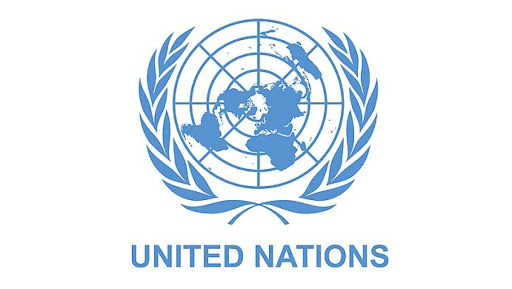NEW DELHI: As former U.S. President Donald Trump positions himself as a mediator in the India-Pakistan conflict, fresh scrutiny is falling on Pakistan's recent partnership with a cryptocurrency company—World Liberty Financial (WLF)—in which Trump’s family reportedly holds a 60% stake.
The deal was inked between WLF and the newly-formed Pakistan Crypto Council, a body launched last month with the ambitious goal of transforming Islamabad into South Asia’s crypto hub. Notably, the council appointed Changpeng Zhao (CZ), founder of Binance—the world’s largest cryptocurrency exchange—as an adviser shortly after its inception.
Despite its fledgling status, the Crypto Council managed to attract top-tier representatives from WLF, including Zachary Witkoff, son of Trump associate and real estate magnate Steve Witkoff. During a high-profile visit to Islamabad, Witkoff was welcomed by Pakistan Prime Minister Shehbaz Sharif and, more significantly, Army Chief General Asim Munir—the latter's involvement drawing particular attention in light of his reported approval of the April 22 Pahalgam attack, in which 26 tourists were killed after being targeted based on their religious identity.
WLF's ownership reportedly includes Eric Trump and Donald Trump Jr., along with their brother-in-law Jared Kushner, all of whom have been actively pursuing international business ventures. Critics have accused them of leveraging their political connections for private gain.
Zachary Witkoff, a New York-based real estate billionaire like Trump, is seen as a key figure within Trump’s inner business-political circle. A regular at Mar-a-Lago, he gained global attention during Trump’s first term for helping broker the Abraham Accords between Israel, the UAE, and Bahrain. Trump has now reportedly tasked him with facilitating a peace agreement between Russia and Ukraine.
Trump’s recent pivot from a hands-off approach to a more active role in the India-Pakistan standoff has raised eyebrows. Observers are questioning whether Pakistan's crypto partnership with WLF—and its deep Trump connections—has already begun influencing U.S. foreign policy shifts.




